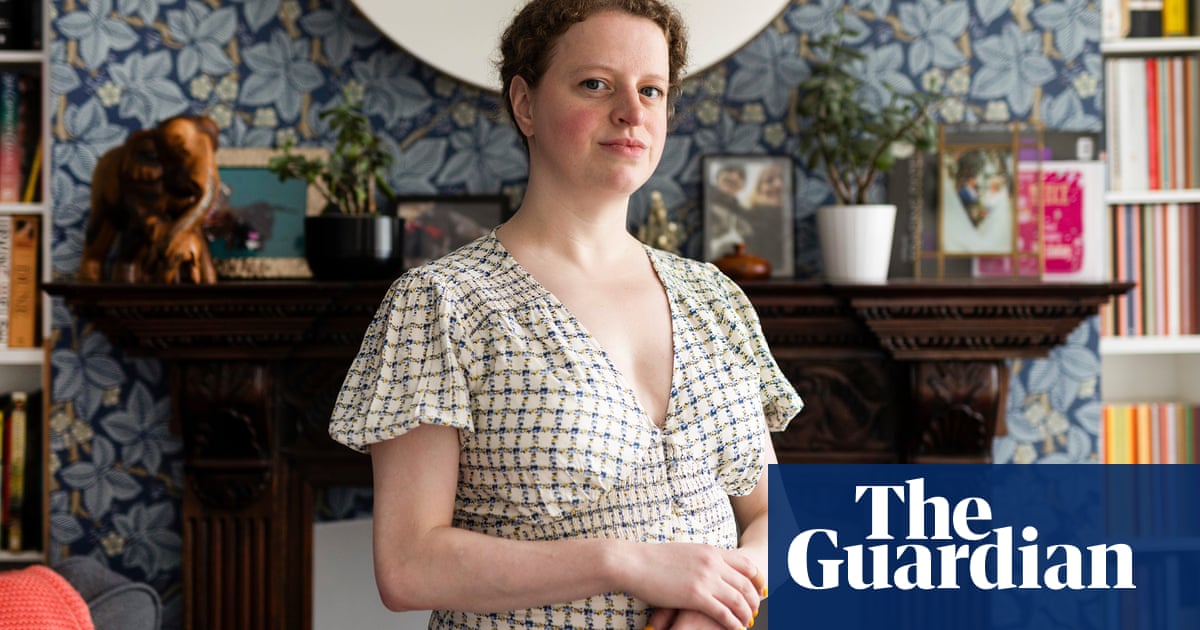A disabled Labour MP has said Keir Starmer’s chaotic U-turn on welfare reform will create an “unethical two-tier system”, in a damning intervention which will put further pressure on the prime minister to change course.Olivia Blake, one of onlynine MPsin parliament who has a disclosed disability, said the proposed changes to the welfare bill have been “plucked from the air” by ministers scrambling to secure support for the bill in Tuesday’s crunch vote in the Commons.“The first thing I thought when I heard the concessions was, wait, we’ve not taken the step back that’s needed here, we’re working to improve a bill which is really harmful,” she said. “This could form an unethical two-tier system that treats two people with the exact same injury or illness differently.”
Blake, who has pain and genetic metabolic disorders and is neurodivergent, said she has repeatedly warned ministers and whips for months about the inadequacy of the plans, but described the process of trying to communicate with government as like “shouting at a brick wall”.
“They will meet you and chat with you but not respond. They need to learn lessons from that.”
She added: “I’m disappointed that something has been plucked from the air without engaging disabled people.”There have been several days of frantic negotiations by the government as ministers tried to quell a rebellion of 120-plusLabourMPs over next week’s welfare bill.
Under the original plans, the personal independence payments (Pip) system would have its eligibility significantly tightened while out of work sickness benefits would be cut. The work and pensions secretary, Liz Kendall, has now promised to exempt current disability claimants from the changes, and to increase the health element of universal credit in line with inflation.
On Friday, Kendall was asked whether the changes to the bill would create a two-tier system if passed. She said existing claimants would be unaffected but added “there do need to be changes in future to make sure that people who can work do so, we protect those who can’t, but that we make the welfare state sustainable for the future”.
“We have listened to people, we have engaged with them, I think we are in a good place now, alongside the huge investments we are putting in to create the jobs that people need in every part of the country, to get waiting lists down in the NHS, to ensure stronger rights at work, but also to make sure there’s employment support for those who can work and protections for those who can’t,” she said.Blake is adamant the proposed changes are not enough. “There are other ways forward and concessions made on this bill can’t lead to future claimants suffering consequences that today’s claimants may be able to avoid,” she said.
“We can’t kick the can down the road. We certainly can’t take away the already limited support disabled people rely on, condemning many to a life of poverty and deteriorating health.”The government has promised that the entire criteria system will be reviewed in conjunction with disabled people, but there is growing resentment among disability advocates that this was not done sooner.
Blake said she agrees with their anger. “I think the government needs to listen to disabled people, starting with its own backbenchers because it’s clear our voices are still locked out,” she added.Vicky Foxcroft, who hasrheumatoid arthritis, resigned as a whip in protest over the bill. With so few MPs in the party having a disclosed disability, Blake is disappointed the leadership has sidelined their input. “It’s hugely frustrating especially when colleagues have been going on the media day after day [incorrectly] calling Pip an out of work benefit,” she said. “I’ve tried to flag that.”Blake is also one of the few MPs who has direct experience with the disability benefits system. In 2023, she applied for Pip herself, in part to understand what her constituents are facing.
“I’m in daily pain. I have to plan around flare-ups, hospital visits, and treatments that wipe me out for days,” she said. “Even getting to work can mean pushing through fatigue and discomfort most people never experience. Sitting in the chamber is often excruciating.”Despite this, she was rejected for Pip, scoring just 2 points overall. She said: “I found it staggering that the only one of my conditions that scored a point was my dyslexia.
Sign up toFirst Edition
Our morning email breaks down the key stories of the day, telling you what’s happening and why it matters
after newsletter promotion
“Even though I’d sent off reams of reports, test results, appointment notes and letters, correspondence with consultants. I thought there was a deep irony that the accessible form I had requested [for my dyslexia] arrived after their own deadlines.”Blake recalls there were multiple factual errors in the report but didn’t feel confident enough to appeal. “It made me question myself, as if I’d done something wrong.”The experience left her with an understanding of what other disabled people who rely on benefits are going through. “This is not a system designed to support, it is a system that is toxic and makes people more ill.”This is the first time Blake, who was elected in 2019, has spoken publicly about her physical disabilities.
She said that she has not done so lightly. “I worry people will think it means I can’t do my job effectively or as a weakness,” she said. “But I think it makes me a better representative because I get it.”Now, that means making a plea to her colleagues: “This isn’t about us. It’s not about the games in Westminster. This is about the lives of disabled people that have continuously been undervalued.”
